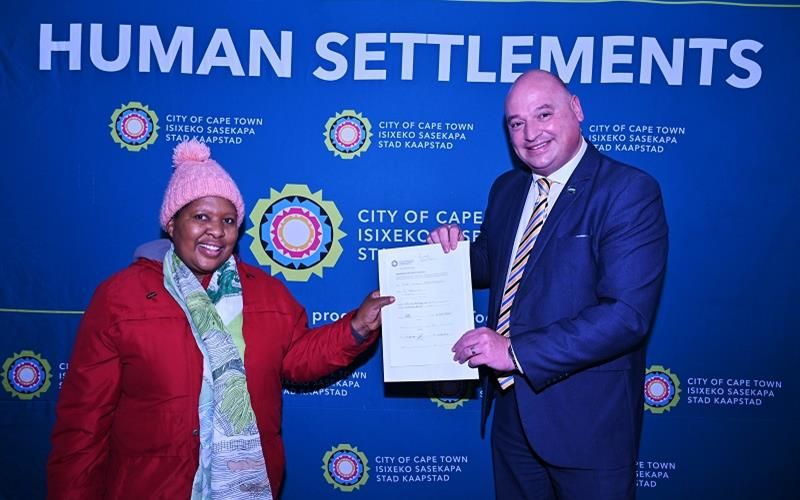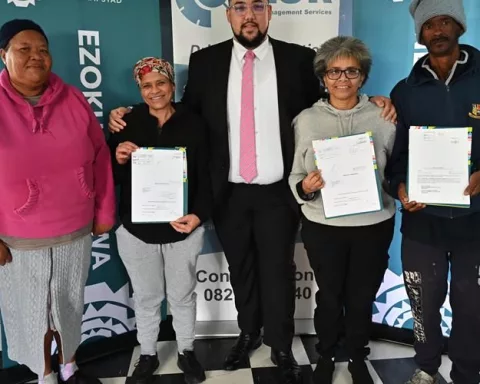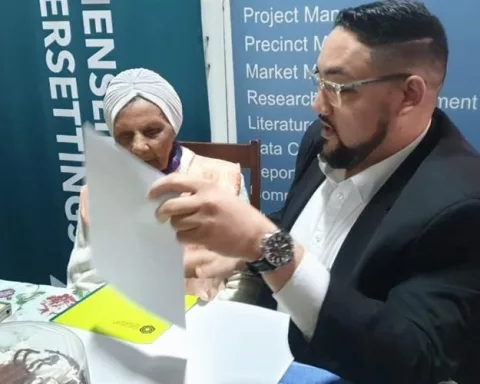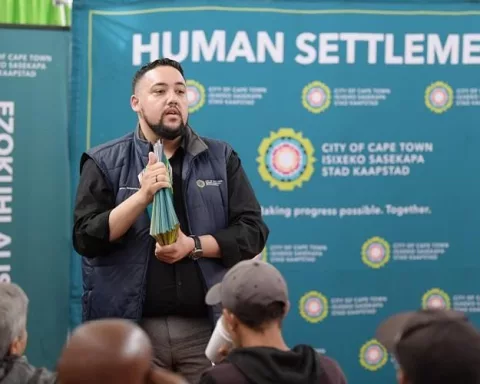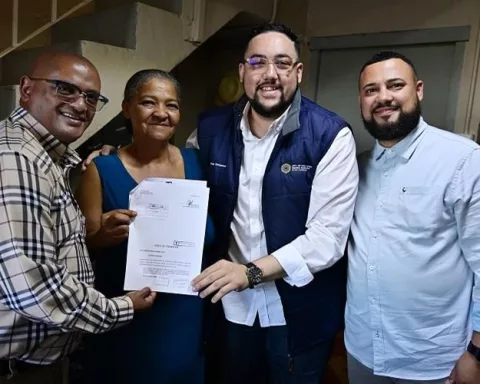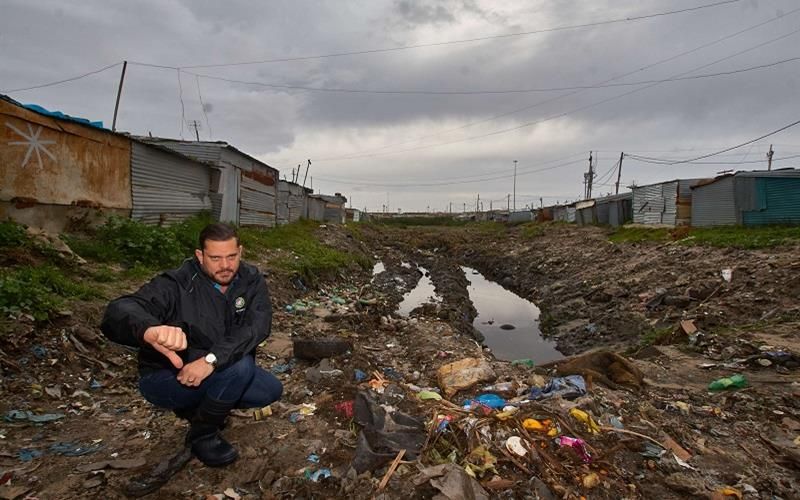The Human Settlements Title Deeds Drive initiative reached Kuyasa, a neighborhood in Khayelitsha, Cape Town, on June 14, 2023. This program aims to empower residents, especially beneficiaries of previous housing programs, to claim their rightful title deeds. By providing security of tenure, it enables property owners to unlock opportunities for themselves and future generations.
Locating Beneficiaries of Previous Housing Programs
The Title Deeds Drive initiative enables beneficiaries of various housing opportunities, including serviced sites, Breaking New Ground homes, and older projects with uncollected title deeds, to collect their title deeds from the City. However, locating beneficiaries of previous housing programs is challenging, as many have moved away from Cape Town or have outdated contact details.
Overcoming Hurdles through Formalizing Ownership
To overcome these hurdles, the City urges beneficiaries to claim their title deeds, formalizing ownership and providing security of tenure. Since 2013, the City has delivered over 12,000 historic title deeds to beneficiaries across the metro. However, issues arise for projects completed ten or twenty years ago, where beneficiaries have not come forward or have moved away from Cape Town. To address this, the City is expanding its focus to areas beyond the metro to reach these beneficiaries.
Supporting Homeownership through No-Cost Transfer Program
To further support homeownership, the City launched its no-cost transfer program, with R38 million allocated over the next three years, to facilitate the transfer of title deeds free of charge for qualifying beneficiaries. The program funds attorney transfer fees and insurance costs for saleable rental units, providing financial relief to beneficiaries.
Eligible Properties for No-Cost Transfer Program
Properties eligible for the no-cost transfer program include freestanding houses, semi-detached houses, terraced houses (row houses), maisonettes, historic site and service units, and delayed transfer units. To assist residents in obtaining further information and claiming their title deeds, the City has provided various avenues of contact, such as visiting a City Housing Office, calling the City’s Call Centre, or reaching out via WhatsApp.
Empowering Residents through Human Settlements Programs
Alderman James Vos, the City’s Acting Mayoral Committee Member for Human Settlements, emphasizes the importance of title deeds in unlocking opportunities for families and future generations. He highlights the role of human settlement programs as catalysts for meaningful economic growth in the community. As the Title Deeds Drive initiative continues to make its way through various communities, the City of Cape Town is actively working towards fulfilling its commitment to empower residents and unlock opportunities through human settlements programs. By focusing on outreach and providing essential support, the City aims to ensure that property ownership is accessible and secure for all residents.

